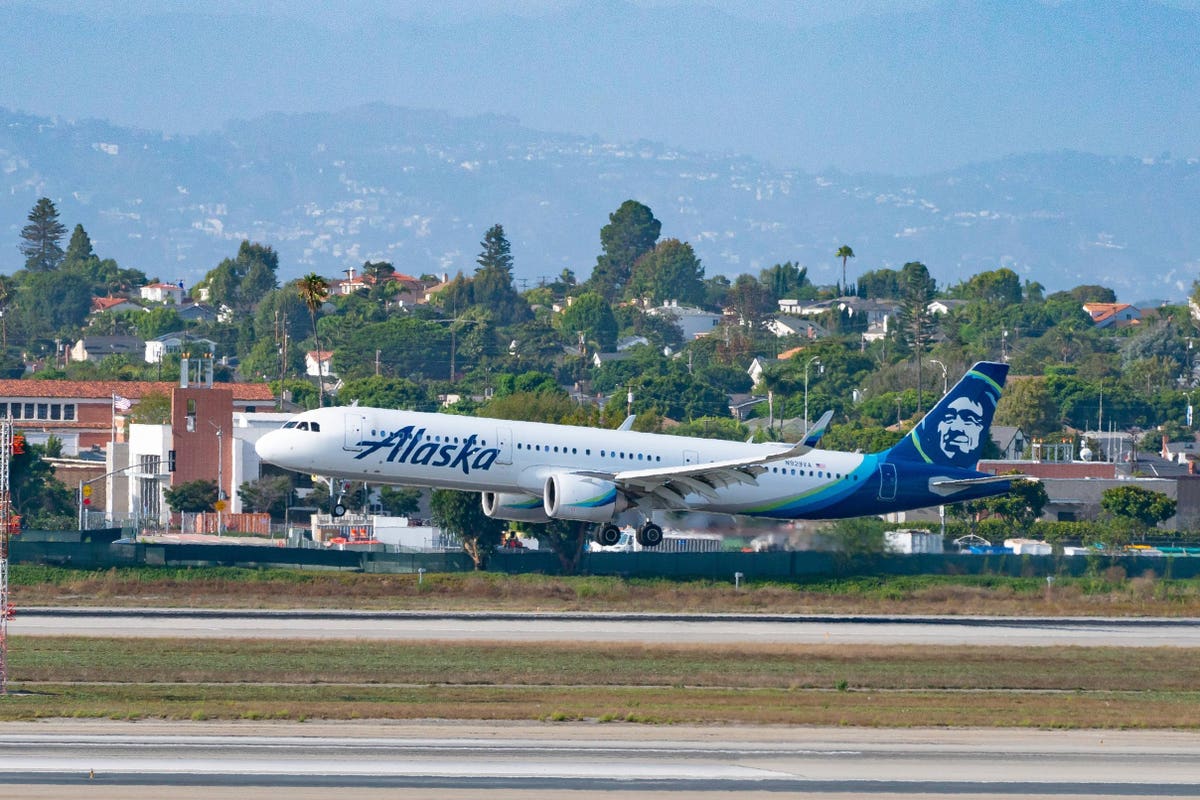Given its attractive valuation, we believe Alaska Air stock (NYSE: ALK) is a better pick than its peer United Airlines stock (NASDAQ
NDAQ
Interestingly, ALK has had a Sharpe Ratio of -0.1 while the figure stood at 0.1 for UAL, lower than 0.6 for the S&P 500 Index over the same period. This compares with the Sharpe of 1.3 for the Trefis Reinforced Value portfolio. Sharpe is a measure of return per unit of risk, and high-performance portfolios can provide the best of both worlds.
1. United Airlines’ Revenue Growth Is Slightly Better
- United Airlines’ revenue growth has been slightly better, with a 26% average annual growth rate in the last three years, compared to 23% for Alaska Air.
- The rise in revenues for both airlines over the recent years can be attributed to a rebound in air travel demand, with passenger traffic and ticket yield rising meaningfully in the recent past.
- For perspective, Alaska Air’s available seat miles declined 21% between 2019 and 2021 but surged 16% in 2022. Similarly, its passenger revenue per available seat mile fell 11% between 2019 and 2021 but rose 35% y-o-y in 2022.
- In comparison, United Airlines’ ASM decreased 27% between 2019 and 2021 before rising 39% y-o-y in 2022. Its PRASM declined 19% and increased 43% over the same period, respectively.
- Looking at the last twelve months, United Airlines’ 43% sales growth has fared better than 26% for Alaska Air.
- Our Alaska Air Revenue Comparison and United Airlines Revenue Comparison dashboards provide more insight into the companies’ sales.
2. United Airline Is More Profitable
- Alaska Air’s reported operating margin slid from 12% in 2019 to -50% in 2020 before recovering to 1% in 2022. In comparison, United Airlines’ operating margin fell from 9% in 2019 to -49% in 2020 but rose to 2% in 2022.
- Looking at the last twelve-month period, United Airlines’ operating margin of 5% fares better than 1% for Alaska Air.
- Alaska Air’s margin metric is partly being weighed down by the costs associated with the retirement of its Airbus fleet. Looking forward, the company is likely to have a better margin profile with lower costs associated with pilot training.
- Our Alaska Air Operating Income Comparison and United Airlines Operating Income Comparison dashboards have more details.
- Looking at financial risk, both are comparable. While Alaska Air’s 122% debt as a percentage of equity is lower than 194% for United Airlines, its 16% cash as a percentage of assets is lower than 26% for the latter, implying that Alaska has a comparatively better debt position, but United Airlines has more cash cushion.
3. The Net of It All
- We see that United Airlines has seen superior revenue growth, is more profitable, and has more cash cushion. It is also trading at a slightly lower valuation multiple.
- However, looking at prospects, using P/S as a base, due to high fluctuations in P/E and P/EBIT, we believe Alaska Air will likely offer better returns over the next three years.
- If we compare the current valuation multiples to the historical averages, ALK fares slightly better. Alaska Air stock trades at 0.5x sales compared to its last five-year average of 1.1x, and United Airlines stock trades at 0.3x revenues vs. the last five-year average of 0.6x.
- Our Alaska Air Valuation Ratios Comparison and United Airlines Valuation Ratios Comparison have more details.
While ALK may outperform UAL in the next three years, it is helpful to see how Alaska Air’s Peers fare on metrics that matter. You will find other valuable comparisons for companies across industries at Peer Comparisons.
Invest with Trefis Market Beating Portfolios
See all Trefis Price Estimates
Read the full article here













Leave a Reply